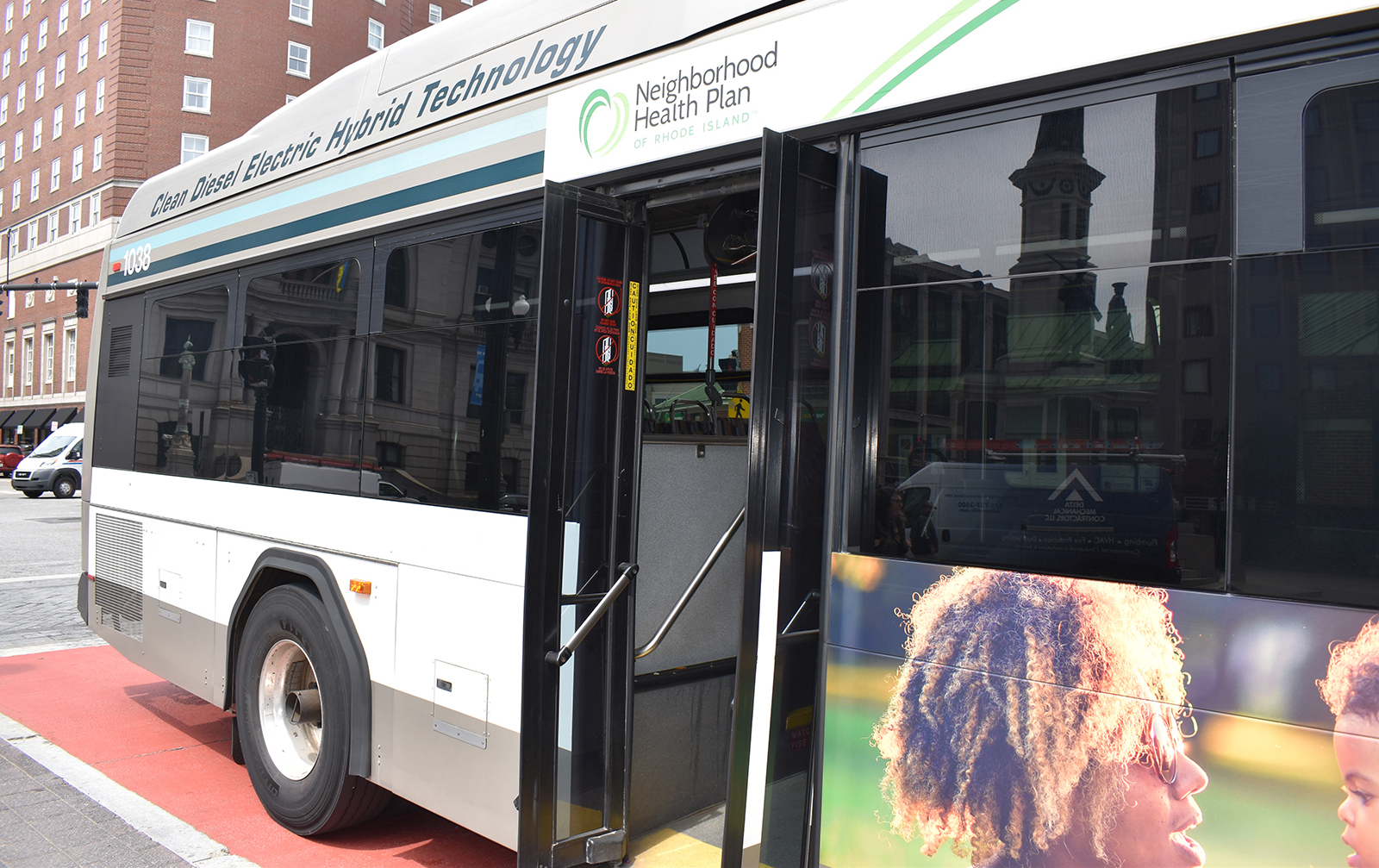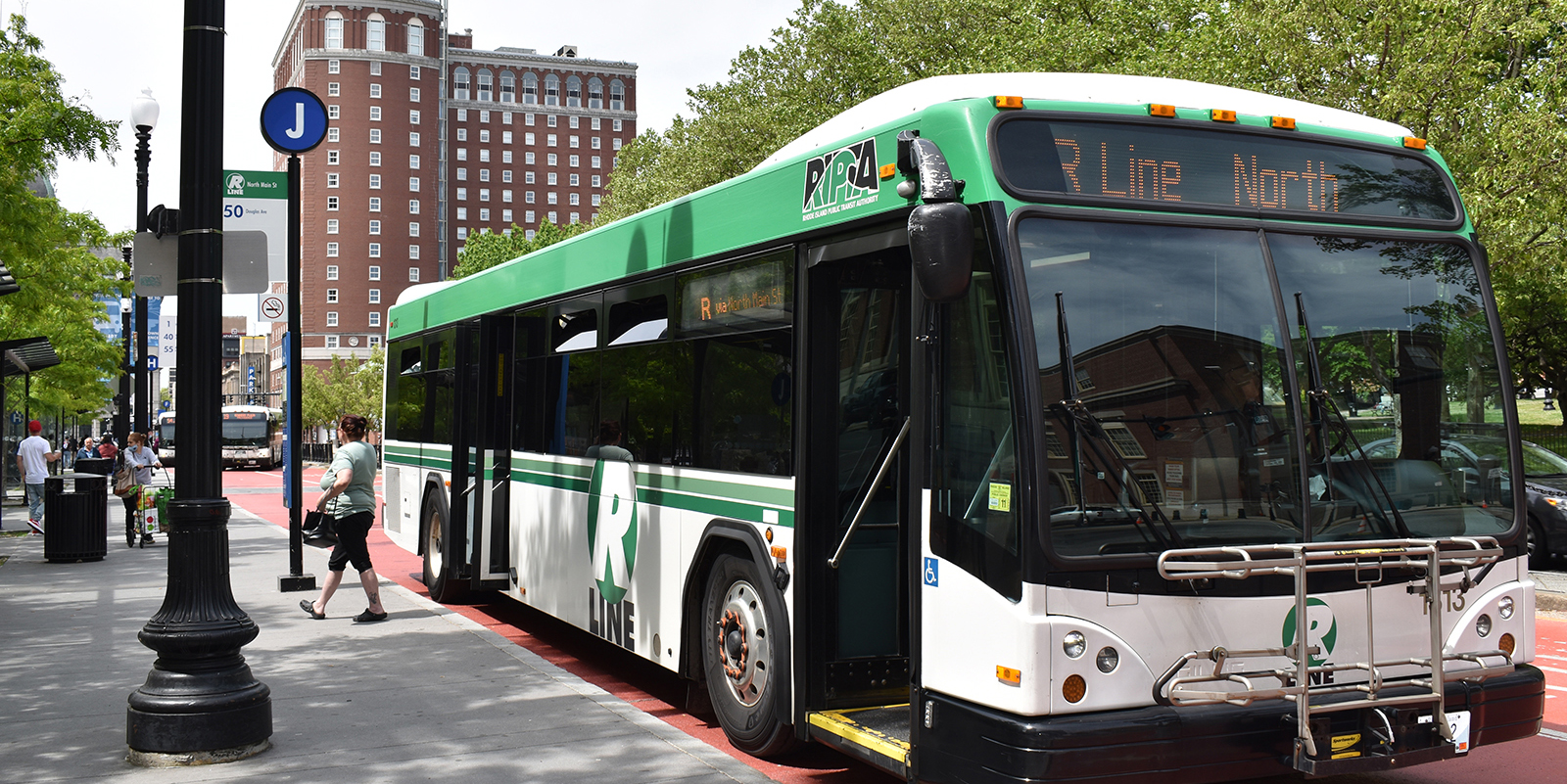Electric Vehicles to be Plugged Into State’s Fleet
December 5, 2012
PROVIDENCE — For the first time, Rhode Island is including electric vehicles in its annual purchase of state cars and trucks. As another first, cities and towns can also buy EVs and other fuel-efficient vehicles through the program.
The new vehicles include the all-electric Ford Focus, Nissan Leaf and Honda Fit. Plug-in gas-electric models include the Chevy Volt, Ford C-Max, Toyota Prius Hatchback and Ford Fusion.
The state operates only one charging station of six across the sate. Officials hope that offering EVs will promote the installation of many more.
Ron Renaud, executive director of the Department of Administration, set a target of 20 percent fuel-efficient and alternative-fuel vehicles for the state’s fleet, which includes State Police vehicles. He didn’t set a timeline, but said, “We’re going to start directing people toward this new technology.”
State agencies have been buying hybrid and natural gas cars and trucks for several years in order to meet requirements set by the U.S. Department of Energy. Some state vehicles run on compressed natural gas. The state operates two natural-gas fueling stations — in Cranston and at the University of Rhode Island — and intends to add more to its 15 gas stations across the state.
Renaud said federal stimulus money is available to pay a portion of the cost to install new charging stations. This money can also fund some of the price for plug-in electric vehicles.
Master price agreement
The State Division of Purchases annually submits a public request (pdf) aimed at dealerships and other vehicle sales groups to bid on pricing for hundreds of vehicle models. Based on the pricing, state agencies submit requests to buy new vehicles through the Division of Purchases. Agencies pay for the vehicles from their budget or through the state revolving loan fund.
This year, cities and towns can benefit from the purchasing power of the program by procuring their vehicles from the master price list.
Renaud said the state fleet of about 1,200 cars, vans, SUVs and pickups is showing its age, with an average age of 10. Up to 100 new vehicles are bought annually through the program, but fewer vehicles have been purchased in recent years because of the poor economy.
“We’re moving toward a green environment and less of a carbon footprint,” Renaud said.
Categories
Join the Discussion
View CommentsYour support keeps our reporters on the environmental beat.
Reader support is at the core of our nonprofit news model. Together, we can keep the environment in the headlines.
We use cookies to improve your experience and deliver personalized content. View Cookie Settings



